
Data shows sodium-glucose cotransporter-2 (SGLT2) inhibitors are efficacious and can be used in almost all common kidney diagnoses, explained William G. Herrington, MD, MA, MBBS, Nuffield Department of Population Health, University of Oxford.

Laura Joszt, MA, is the vice president of content for the managed care and pharmacy brands at MJH Life Sciences®, which includes The American Journal of Managed Care®, Managed Healthcare Executive®, Pharmacy Times®, and Drug Topics®. She has been with MJH Life Sciences since 2011.
Laura has an MA in business and economic reporting from New York University. You can connect with Laura on LinkedIn or Twitter.

Data shows sodium-glucose cotransporter-2 (SGLT2) inhibitors are efficacious and can be used in almost all common kidney diagnoses, explained William G. Herrington, MD, MA, MBBS, Nuffield Department of Population Health, University of Oxford.
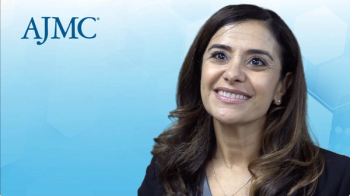
For patients with chronic kidney disease, dose adjustments for other medications requires coordination with other specialists to maintain treatment efficacy, explained Linda Awdishu, PharmD, FASN, professor and division head of clinical pharmacy at the University of California, San Diego, Skaggs School of Pharmacy and Pharmaceutical Sciences.
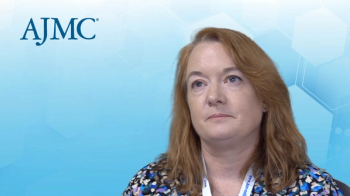
Smaller noncoding RNA is being used in clinical practice and as knowledge grows of long noncoding RNA, use of it should follow, explained Laura Denby, PhD, Kidney Research UK Senior Fellow, senior lecturer and principal investigator in the Centre for Cardiovascular Science at the University of Edinburgh.
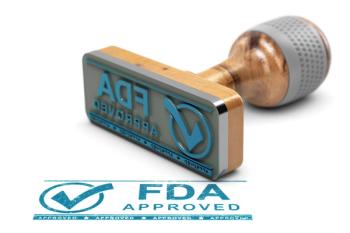
Wezlana is the first biosimilar to reference Stelara approved in the United States. The product will launch in 2025.
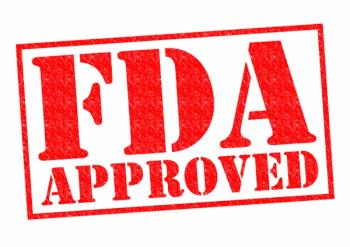
The approval of secukinumab is the second approved biologic to treat hidradenitis suppurativa.
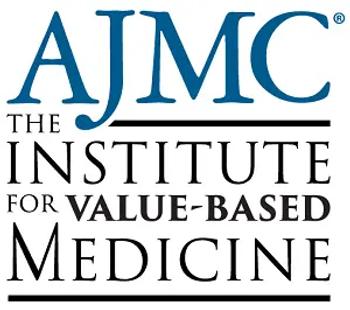
Coverage from the Institute for Value-Based Medicine session with Minnesota Oncology.

Coverage from the Institute for Value-Based Medicine event with Vanderbilt University Medical Center.

The location of integration of a gene therapy has been crucial for the safety and efficacy of the treatment to cure infants with X-linked severe combined immunodeficiency.

The ranibizumab biosimilar was the first in ophthalmology to the US market in 2022, but its competition has already had a year of interchangeability exclusivity.

MARIPOSA demonstrated the combination reduced risk of progression or death by 30% compared with osimertinib. MARIPOSA-2 found amivantamab plus chemotherapy and amivantamab plus chemotherapy and lazertinib also improved progression-free survival (PFS) over chemotherapy after progression on osimertinib.

Datopotamab deruxtecan not only demonstrated a statistically significant improvement over chemotherapy for breast cancer and docetaxel for non–small cell lung cancer (NSCLC), but the intervention therapy had less toxicity.

Enfortumab vedotin plus pembrolizumab not only beat chemotherapy in the first-line setting for locally advanced metastatic urothelial cancer for the first time in decades, but it nearly doubled progression-free survival and overall survival vs chemotherapy.

Regardless of presence of brain metastases, patients with HER2-mutant (HER2m) non–small cell lung cancer (NSCLC) showed systemic responses to trastuzumab deruxtecan. In addition, the therapy showed intracranial efficacy to reduce the size of brain metastases.
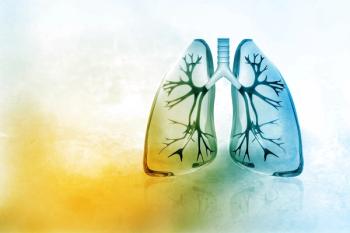
The results of CheckMate 77T showcase the improved event-free survival for patients with resectable non–small cell lung cancer who receive nivolumab in both the neoadjuvant and adjuvant setting and may have practice-changing implications.

Health equity coverage appearing in the October 2023 issue of Evidence-Based Oncology.

With stringent criteria, randomized controlled trials are the cornerstone of cancer intervention research, but the result is they do not represent the majority of patients, which leads to a gap between the efficacy seen in trials and the effectiveness in the real-world setting.
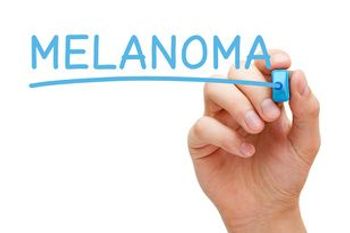
During a recent Institute for Value-Based Medicine® event, speakers discussed the use of immunotherapy and targeted therapy to treat melanoma and managing the toxicities of these treatments.
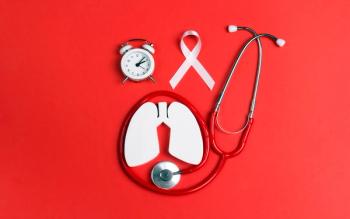
The phase 2 KRYSTAL-7 trial evaluated adagrasib plus pembrolizumab in patients with KRAS-mutated non–small cell lung cancer (NSCLC) with high PD-L1 expression. The results demonstrated “encouraging preliminary activity.”

Results of the monarchE study showed patients with hormone receptor–positive (HR+), HER2-negative (HER2–) high-risk, early breast cancer had greater benefit after 5 years when receiving adjuvant abemaciclib plus endocrine therapy vs endocrine therapy alone.

During ESMO Congress 2023, sessions will focus on hot topics in therapeutic areas, such as the use of immunotherapies in both the neoadjuvant and adjuvant settings, as well as nontherapeutic topics, such as the needs of caregivers and advances in technology.

The results for a proposed aflibercept (Eylea) biosimilar and an accepted ranibizumab (Lucentis) biosimilar were presented at Euretina Congress 2023.

To ensure patients are getting timely access to their treatments, there needs to be better collaboration between payers and providers, said Christine Pfaff, RPh, senior regional director of operations, American Oncology Network.

The anti–PD-1 agent pembrolizumab was granted a new indication to treat patients with resectable non–small cell lung cancer (NSCLC) as a neoadjuvant treatment with chemotherapy and continued as adjuvant treatment after surgery.

Biosimilars are becoming more common as more launch on the market in the United States, but patient and provider education can help speed uptake of these products, explained Bincy Abraham, MD, Houston Methodist – Weill Cornell.

Knowledge of the different treatment options available and the eligibility criteria for each will help identify the right treatment for patients with hepatobiliary cancer.

Posters presented at the EADV Congress highlighted that despite similar efficacy, patient perception can affect satisfaction with the switch from the reference adalimumab to a biosimilar.

Speakers at an Institute for Value-Based Medicine event with Vanderbilt University Medical Center highlighted the novel therapies and techniques being used to improve outcomes for patients with head and neck cancer.

Providers have to know how to manage patients who are hesitant to switch to a biosimilar and payers who have specific preferences about which biosimilar to use.

In just the last 2 years there have been updates in classification, risk assessment, and response criteria in myelodysplastic syndromes (MDS), but additional efforts are needed to improve these, and there remains a need for better therapies.

In a few short years, biosimilars have driven down total cost of care in oncology through providing competition for expensive drugs, explained Christine Pfaff, RPh, senior regional director of operations, American Oncology Network (AON).

259 Prospect Plains Rd, Bldg H
Cranbury, NJ 08512
© 2025 MJH Life Sciences®
All rights reserved.
